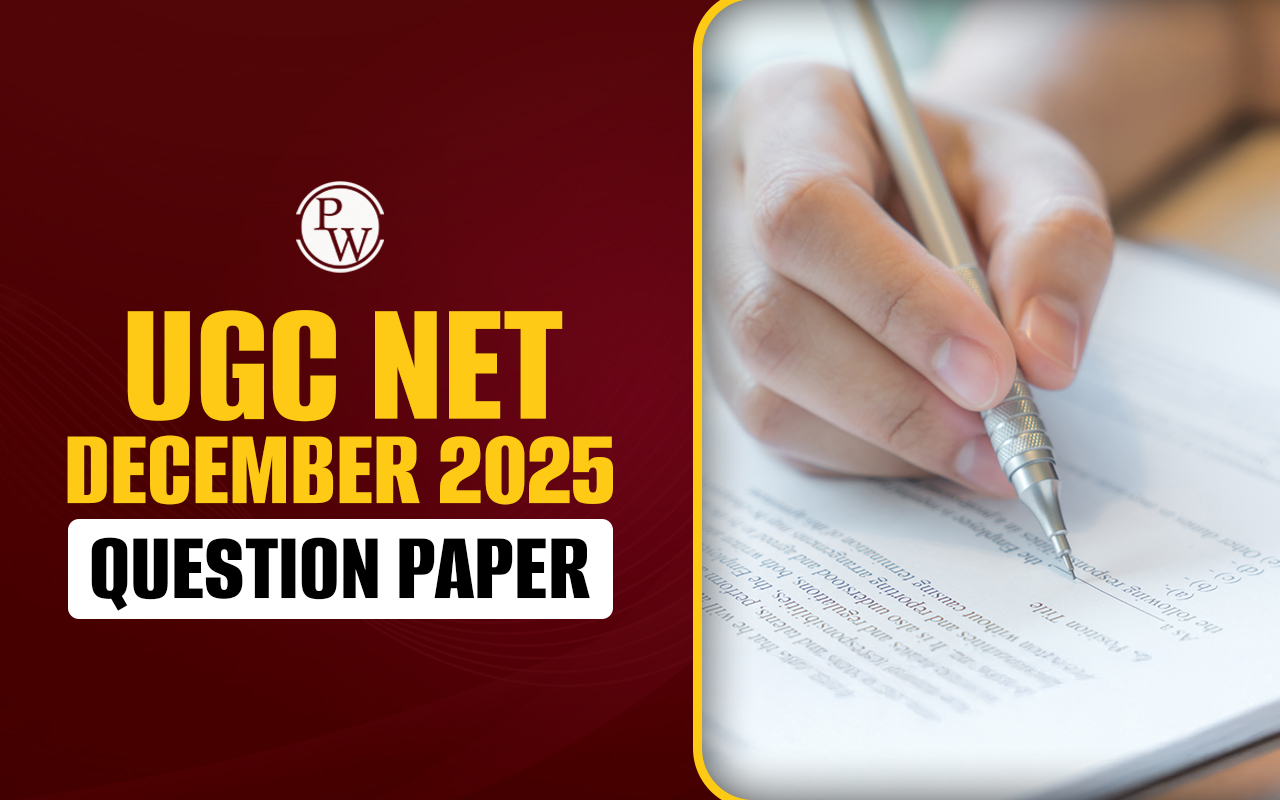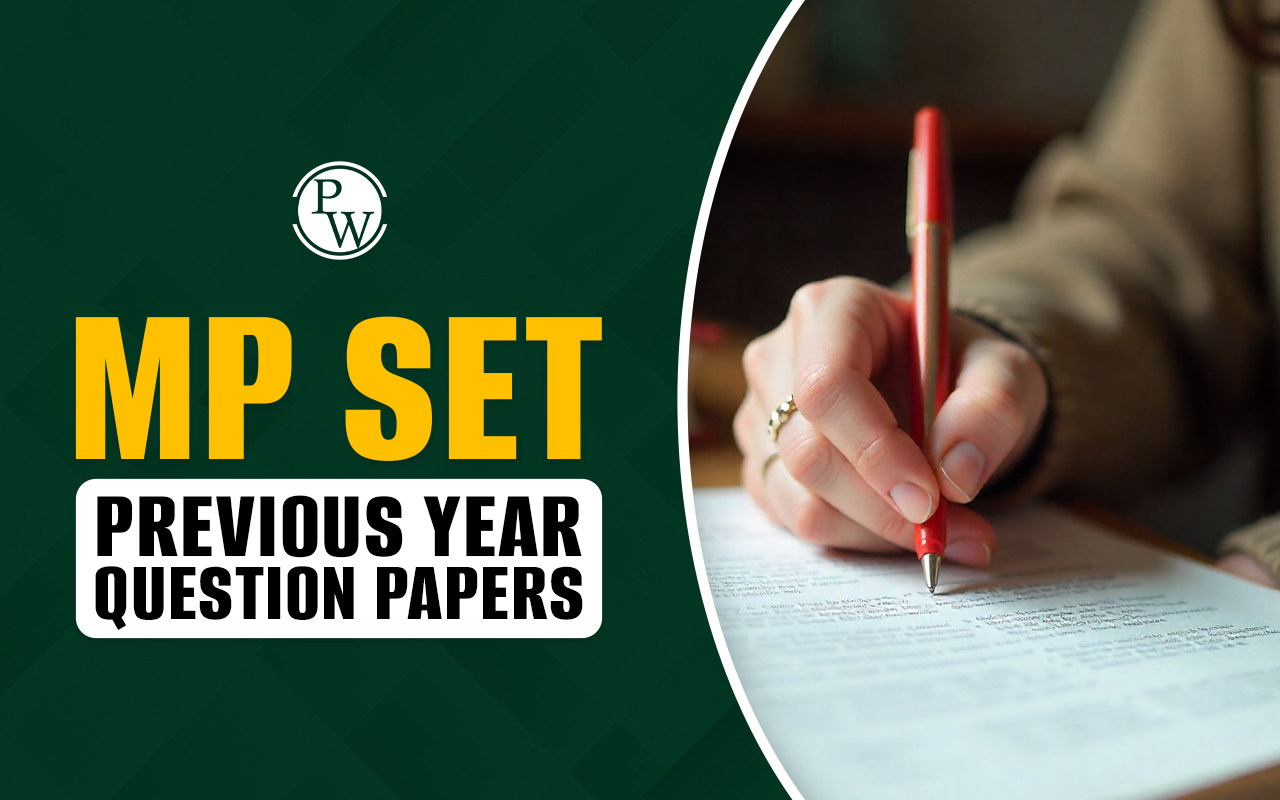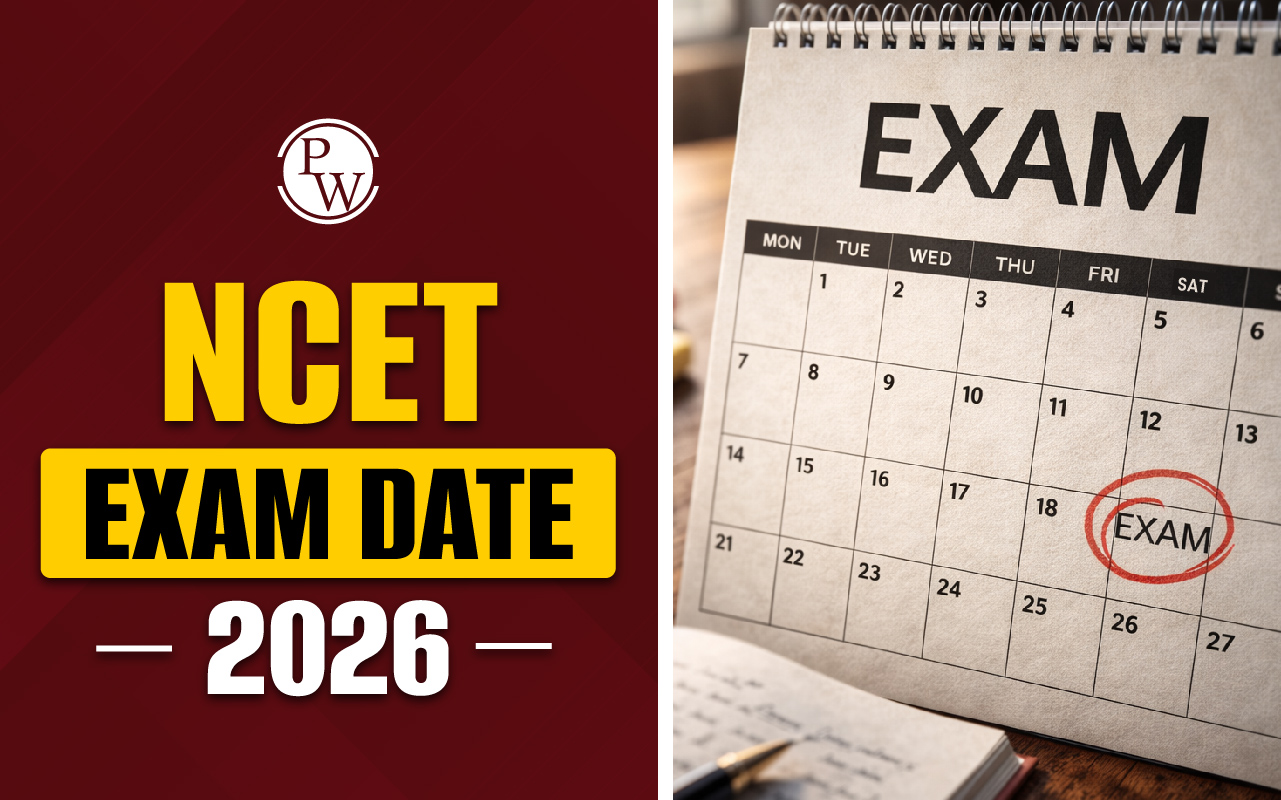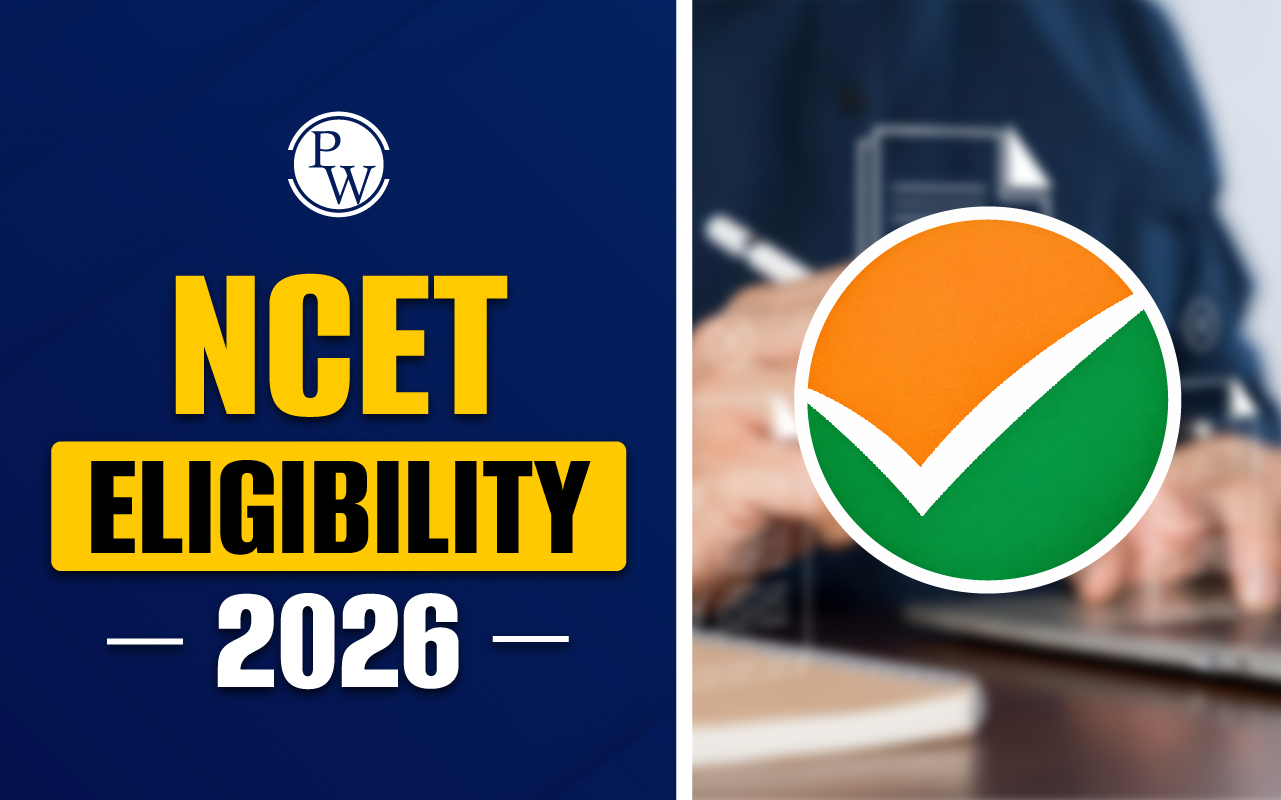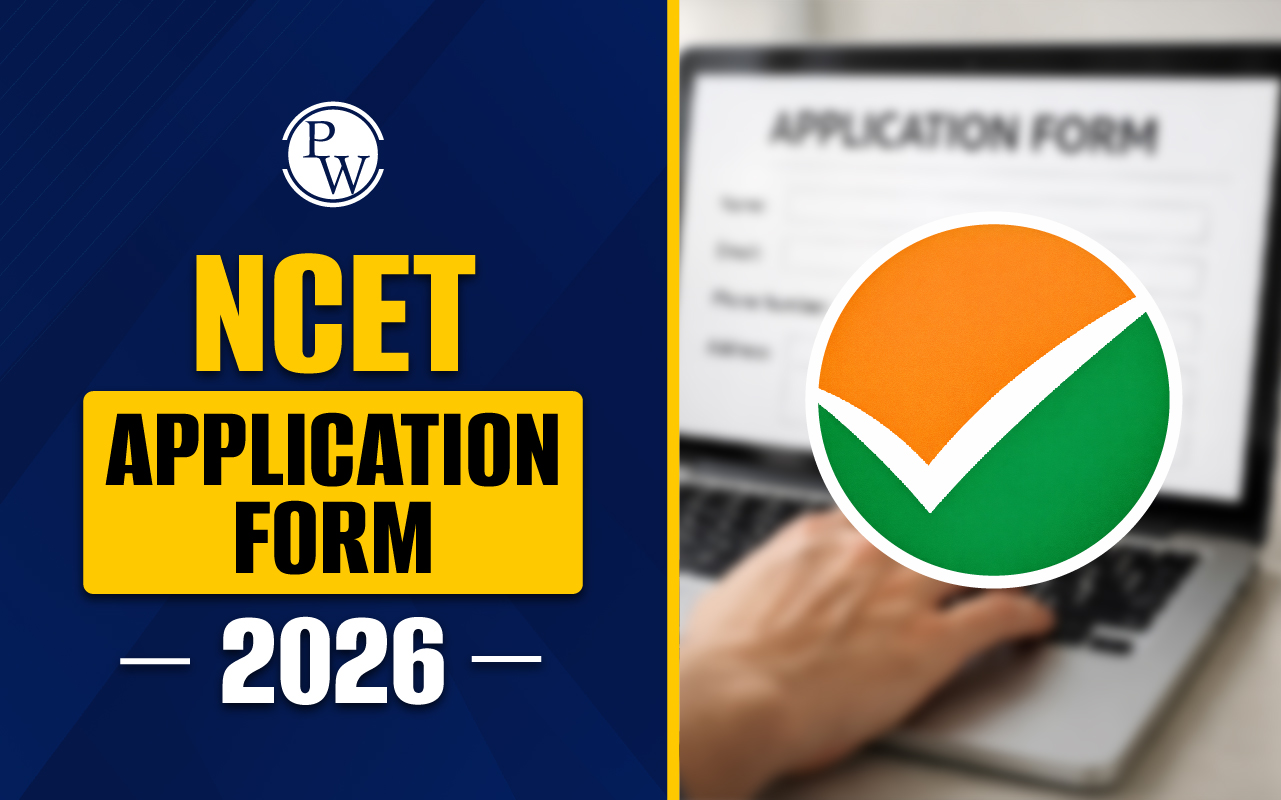
JK SET Syllabus 2025: The JK SET Syllabus 2025 plays a crucial role in evaluating candidates' proficiency in their selected subjects. Before beginning their preparation, aspirants should thoroughly understand the syllabus and exam structure. Like the UGC NET, the JK SET consists of two papers: Paper 1 covers general topics, while Paper 2 is based on the subject selected at the time of application.
To effectively prepare, candidates should refer to the JK SET Syllabus PDF, which details all topics and subtopics. Reviewing these thoroughly will help in creating a solid study plan. Aspiring candidates can find the newest JK SET syllabus for both Paper 1 and Paper 2 here, including downloadable PDF files. It's crucial to review the syllabus below and start preparations accordingly.JK SET Syllabus 2025
The JK SET Syllabus 2025 is structured to evaluate candidates’ expertise in their respective subject areas. A clear understanding of both the syllabus and exam pattern is essential before starting preparation, as it provides a foundation for an effective study approach. Mirroring the UGC NET format, the JK SET comprises two papers, Paper 1 covers general awareness and teaching aptitude, while Paper 2 is subject-specific based on the applicant’s selection. Candidates are advised to refer to the JK SET Syllabus 2025 PDF to review all topics and subtopics thoroughly and plan their preparation accordingly.JK SET Syllabus 2025 Overview
The JK SET exam determines eligibility for Assistant Professor positions in Jammu and Kashmir. The 2025 syllabus evaluates candidates’ subject knowledge through two papers: Paper-I covers general aptitude and Paper-II focuses on the chosen subject's specifics. Paper-I includes teaching aptitude, reasoning, comprehension, and divergent thinking. Aspirants should thoroughly study the JK SET 2025 syllabus to prepare effectively for this competitive exam.| JK SET Syllabus 2025 Overview | |
| Particulars | Events |
| Exam Name | Jammu & Kashmir State Eligibility Test (JK SET)/ Ladakh State Eligibility Test (LASET) |
| Exam Level | State |
| Exam Duration | 3 Hours |
| Exam Mode | Offline |
| Language of Exam | English and Hindi |
| No. of Exam City Centers | Three – Jammu, Srinagar, and Leh |
| JK SET Website | jammuuniversity.ac.in |
JK SET Syllabus 2025 for Paper 1
The JK SET Paper 1 tests your teaching skills, reasoning ability, reading comprehension, creative thinking, and general awareness. The syllabus is structured into 10 units, with each unit contributing five questions of two marks each in the exam. Below is a detailed overview of the JK SET Paper 1 syllabus:
| JK SET syllabus Paper 1 | ||
| Unit | Topic | Subtopics |
| Unit I: Teaching Aptitude | Teaching | Concept, Objectives Levels of teaching (Memory, Understanding, Reflective) Characteristics and basic requirements |
| Learner’s characteristics | Characteristics of adolescent and adult learners (Academic, Social, Emotional, Cognitive) Individual differences | |
| Factors affecting teaching | Teacher, Learner, Support material, Instructional facilities, Learning environment, Institution | |
| Methods of teaching | Teachercentered vs. Learnercentered methods Offline vs. Online methods (Swayam, Swayamprabha, MOOCs, etc.) | |
| Teaching Support System | Traditional, Modern, ICTbased | |
| Evaluation Systems | Elements and Types of Evaluation Evaluation in Choice Based Credit System in Higher Education Computerbased testing Innovations in evaluation systems | |
| Unit II: Research Aptitude | Research | Meaning, Types, Characteristics Positivism and Postpositivistic approach to research |
| Methods of Research | Experimental, Descriptive, Historical, Qualitative, Quantitative methods Steps of Research | |
| Thesis and Article writing | Format and styles of referencing | |
| Application of ICT in research | Research ethics | |
| Unit III: Comprehension | Comprehension | Passage given, Questions asked from the passage to be answered |
| Unit IV: Communication | Communication | Meaning, types, characteristics Effective communication: Verbal and Nonverbal, InterCultural and group communications, Classroom communication |
| Barriers to effective communication | MassMedia and Society | |
| Unit V: Mathematical Reasoning and Aptitude UnitVI: Logical Reasoning | Types of reasoning | Number series, Letter series, Codes and Relationships |
| Mathematical Aptitude | Fraction, Time and distance, Ratio, Proportion and Percentage, Profit and Loss, Interest and Discounting, Averages, etc. | |
| Understanding the structure of arguments | Argument forms, Structure of categorical propositions, Mood and Figure, Formal and Informal fallacies, Uses of language, Connotations and denotations of terms Evaluating and distinguishing deductive and inductive reasoning Analogies Venn diagram: Simple and multiple use for establishing the validity of arguments Indian Logic: Means of knowledge Pramanas (Perception, Inference, Comparison, Verbal testimony, Implication, Nonapprehension) Structure and kinds of Inference (Anumana), Invariable relation (Vyapti), Fallacies of inference (Hetvabhasas) | |
| Unit VII: Data Interpretation | Sources, acquisition, and classification of Data | Quantitative and Qualitative Data |
| Graphical representation | Barchart, Histograms, Piechart, Tablechart, Linechart Data Interpretation Data and Governance | |
| Unit VIII: ICT | ICT | General abbreviations and terminology Basics of Internet, Intranet, Email, Audio and Videoconferencing Digital initiatives in higher education ICT and Governance |
| Unit IX: People, Development and Environment | Development and environment | Millennium development and Sustainable development goals Human and environment interaction: Anthropogenic activities and their impacts on environment Environmental issues: Local, Regional, Global; Air pollution, Water pollution, Soil pollution, Noise pollution, Waste (solid, liquid, biomedical, hazardous, electronic), Climate change and its SocioEconomic and Political dimensions Impacts of pollutants on human health Natural and energy resources: Solar, Wind, Soil, Hydro, Geothermal, Biomass, Nuclear, Forests Natural hazards and disasters: Mitigation strategies Environmental Protection Act (1986), National Action Plan on Climate Change, International agreements/efforts Montreal Protocol, Rio Summit, Convention on Biodiversity, Kyoto Protocol, Paris Agreement, International Solar Alliance |
| Unit X: Higher Education System | Institutions of higher learning and education | Ancient India Evolution of higher learning and research in Post Independence India Oriental, Conventional, Nonconventional learning programmes in India Professional, Technical, Skill Based education Value education and environmental education Policies, Governance, Administration |
JK SET Syllabus 2025 for Paper 2
The content of JK SET Paper 2 is determined by the subject selected by each candidate during the application process. As the syllabus is subject-specific, it is crucial for candidates to choose a discipline in which they hold strong postgraduate-level knowledge, as the questions are based on advanced concepts. The following is the list of subjects officially offered for Paper 2 by the conducting authority.
| JK SET Syllabus Paper 2 | |
| Subject | Download PDF Link |
| Arabic | Download PDF |
| Buddhist Jaina Gandhian and Peace Studies | Download PDF |
| Chemical Sciences | Download PDF |
| Commerce | Download PDF |
| Computer Science and Applications | Download PDF |
| Dogri | Download PDF |
| Earth Sciences | Download PDF |
| Economics | Download PDF |
| Education | Download PDF |
| Electronics Science | Download PDF |
| English | Download PDF |
| Environmental Science | Download PDF |
| Geography | Download PDF |
| Hindi | Download PDF |
| History | Download PDF |
| Home Science | Download PDF |
| Kashmiri | Download PDF |
| Law | Download PDF |
| Library and Information Science | Download PDF |
| Life Sciences | Download PDF |
| Linguistics | Download PDF |
| Management | Download PDF |
| Mass Communication and Journalism | Download PDF |
| Mathematics | Download PDF |
| Music | Download PDF |
| Persian | Download PDF |
| Philosophy | Download PDF |
| Physical Education | Download PDF |
| Physical Sciences | Download PDF |
| Political Science | Download PDF |
| Psychology | Download PDF |
| Public Administration | Download PDF |
| Punjabi | Download PDF |
| Sanskrit | Download PDF |
| Social Work | Download PDF |
| Sociology | Download PDF |
| Urdu | Download PDF |
JK SET Exam Pattern 2025
To excel in the JKSET exam, candidates must thoroughly grasp the syllabus to understand the exam pattern and topic weightage. Preparation should align with past question paper trends for effective scoring. The JKSET features only objective-type questions, ensuring a standardized assessment. Aspirants should stay updated with the latest JKSET news for strategic preparation. The exam comprises two papers totaling 150 questions in total.| JK SET Exam Pattern 2025 | ||
| Particular | Paper – I | Paper – II |
| Exam mode | Offline Mode | Offline Mode |
| Total Exam Duration | 1 Hour (60 minutes) | 2 Hours (120 minutes) |
| Type of Paper | Common for all the candidates. | Subject specific questions. |
| Content | PaperI questions assess teaching/research aptitude, reasoning ability, reading comprehension, divergent thinking, and general awareness. | Based on the candidate’s chosen subject, assessing domain knowledge. |
| Total no. of questions | 50 | 100 |
| Total marks | 100 | 200 |
| Marking Scheme | 2 marks for each correct response. No marks for unanswered/unattempted questions. No negative markings for wrong answers. | Responses for Paper-I and Paper–II questions marked on the Optical Mark Reader (OMR) Sheet provided. |
JK SET Marking Scheme
Candidates appearing for both papers of the JK SET Exam receive two marks for each correct answer. Importantly, there is no penalty for wrong answers or unanswered questions. However, it is advisable for candidates to approach the exam cautiously and review each question carefully to avoid unnecessary time and effort expenditure. Rushing through the exam may result in mistakes that could impact performance adversely. Therefore, strategic and mindful answering is crucial for maximizing scores in the JK SET Exam.| JK SET Marking Scheme 2025 | ||||
| Paper | Marking Scheme | Duration of Exam | Total Marks | Total Questions |
| Paper 1 | +2 for Every correct response | 1 Hour | 100 | 50 |
| Paper 2 | +2 for Every correct response | 2 Hours | 200 | 100 |
| No Negative Marking | ||||
JK SET Syllabus 2025 Important Instructions
JK SET offers a significant benefit by not applying negative marking, allowing candidates to attempt all questions without the fear of losing marks for incorrect answers. Each accurate response is rewarded with 2 marks, highlighting the value of precision while minimizing risk.
- No Negative Marking: Candidates can freely attempt every question, as no marks are deducted for wrong answers.
- Marking Scheme: Every correct answer carries 2 marks, reinforcing the importance of accuracy throughout the exam.
- Time Management: Efficient use of time is crucial, as the exam must be completed within the given duration to avoid any setbacks.
- Speed and Preparation: A strong grasp of the JK SET syllabus equips candidates to manage their time effectively and maintain a steady pace during the exam.
- Practice and Focus: Regular practice with syllabus-based questions helps candidates concentrate on high-priority topics and disregard less relevant material.
- Course Relevance: Understanding which topics fall within the syllabus ensures focused and strategic preparation, leading to better outcomes.
JK SET Syllabus 2025 FAQs
What is the JK SET Syllabus 2025?
How should I prepare for JK SET 2025?
What does JK SET Paper 1 assess?
What subjects are covered in JK SET Paper 2?
What is the marking scheme for the JK SET Exam?

